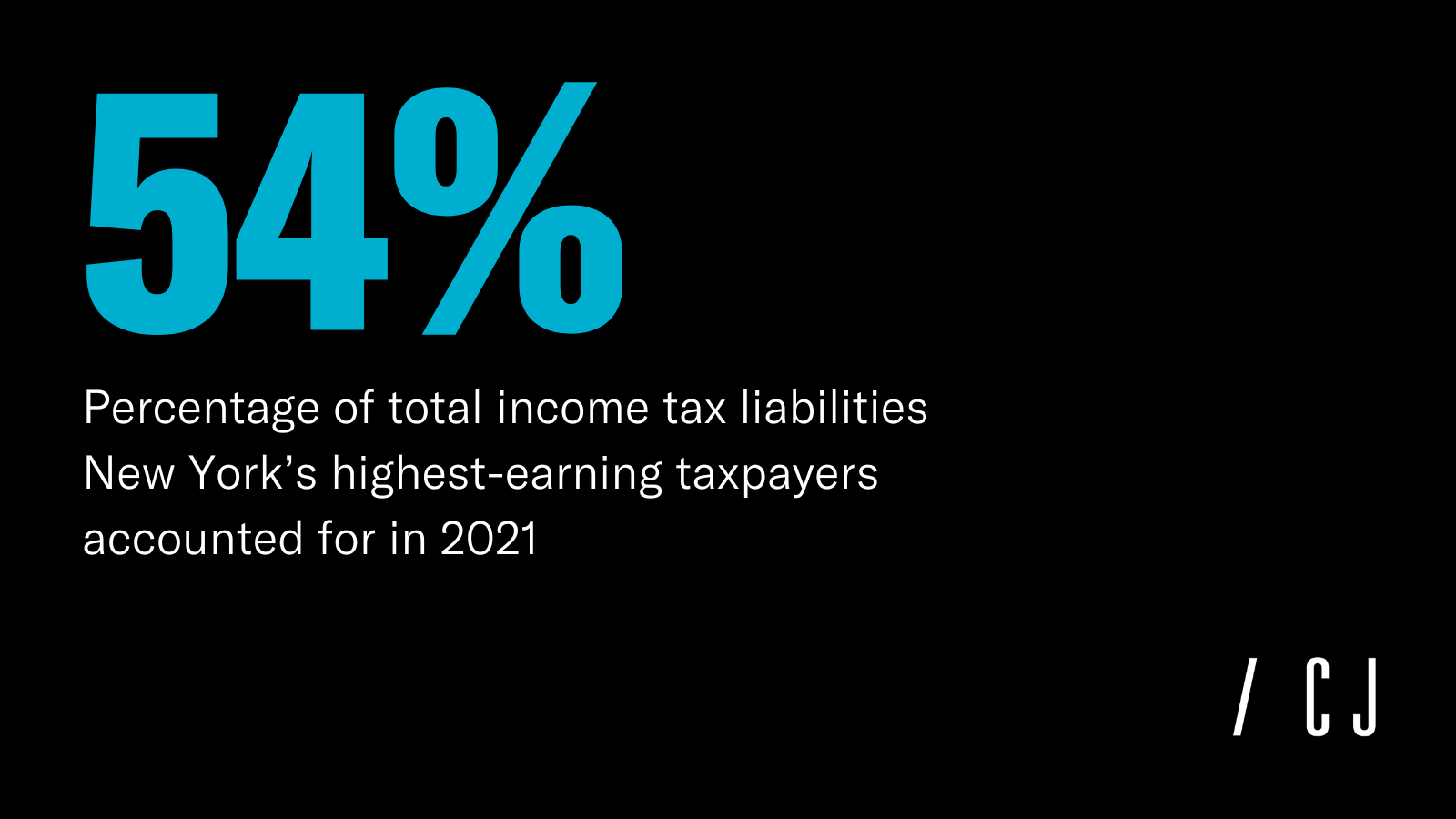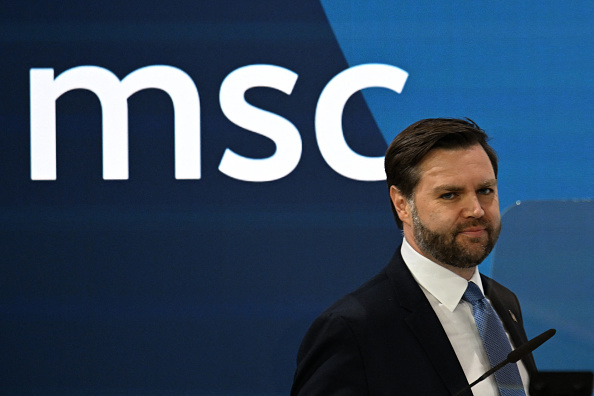|
Forwarded this email? Sign up for free to have it sent directly to your inbox. |
|
|
Good morning, Happy President’s Day.
Today, we’re looking at the ACLU’s lawsuit against Trump’s executive order on gender medicine, North America’s elevator shortage, Eric Adams’s shaky political future, a personal reflection about New York City, and NIH grants.
Write to us at editors@city-journal.org with questions or comments. |
|
|
The ACLU filed a lawsuit in January seeking to enjoin the implementation of Donald Trump’s executive order that, among other things, denies federal funding to medical institutions that perform sex-trait-modification procedures on children and adolescents younger than 18. While a federal district court issued an injunction in the case earlier this month, the Trump administration is poised to appeal the ruling, potentially to the Supreme Court.
Leor Sapir discusses an unusual feature of the ACLU’s lawsuit: one of its plaintiffs identifies as “nonbinary,” rather than transgender. Gender medicine is an already-dubious field, but the proposed treatments on offer for so-called nonbinary kids stand out for having an exceptionally weak evidence base. “There are still no long-term studies on the impacts of using hormones this way,” Sapir writes.
Read the rest of Sapir’s piece, which devastatingly chronicles clinical history and the relevant research, here. |
|
|
| Its lawsuit challenging President Trump’s executive order on gender medicine has a major vulnerability. |
|
|
Compared with other high-income nations, the U.S. and Canada have too few elevators, according to a recent report. The U.S. has 3.1 elevators per thousand residents, while Canada has 4.1. Greece, meanwhile, has at least 41, Switzerland 27, and Spain 23. Why the North American deficit? Excessive safety standards, driving up construction costs, are partly to blame. Read Manhattan Institute Adjunct Fellow Connor Harris’s fascinating look at what’s involved, and how it illustrates a larger issue at play, here. |
|
|
New York City mayor Eric Adams is in survival mode, trying to outrun both scandal and failure as he eyes a reelection campaign. With his approval ratings tanking and his administration under investigation, he’s making a desperate pivot to the center—restoring ICE’s authority on Rikers and embracing tougher law enforcement. But is it too late?
Adams’s challengers argue that his biggest vulnerability is corruption, but they’re missing the bigger picture, writes Jesse Arm. They’re continuing to run even further to the left, ignoring voter sentiment. New Yorkers are frustrated by Adams’s failure to deliver on crime, affordability, and the migrant crisis.
Enter Andrew Cuomo. The scandal-plagued former governor is positioning himself as the new law-and-order alternative to Adams. With Adams flailing and progressives out of touch—and despite his own personal flaws and scandal history—Cuomo might just be the last man standing. |
|
|
“New York, despite its outward chaos, offers a sense of continuity and permanence, in a way that no place from my childhood ever did,” writes Manhattan Institute Senior Fellow Rob Henderson. Read his powerful reflection about what the city means to him here. |
|
|
Each year, the National Institutes of Health (NIH) grants universities billions of dollars so that professors can conduct important medical research. Some of that largesse, however, has gone to universities’ overhead costs, and not to researchers.
In response, the NIH has decided to cap these “indirect costs” at 15 percent of each grant. Phillip H. Phan, a professor at the Johns Hopkins University Carey Business School, and Judge Glock, the Manhattan Institute’s director of research, argue that this is the right move.
“As more taxpayer dollars get channeled toward real research outcomes, public confidence in federally funded research could grow,” they write. “That could attract new sources of private investment to complement NIH funding and ensure that public officials remain committed to funding research.” |
|
|
This is the real caption for this image: |
“US Vice President JD Vance delivers his speech during the 61st Munich Security Conference (MSC) in Munich, southern Germany on February 14, 2025." |
But we bet you can come up with a better one. Send your submissions to editors@city-journal.org by noon Eastern tomorrow. We'll feature our favorite(s) in an upcoming newsletter. |
|
|
A quarterly magazine of urban affairs, published by the Manhattan Institute, edited by Brian C. Anderson. |
|
|
Copyright © 2025 Manhattan Institute, All rights reserved. |
|
|
|





